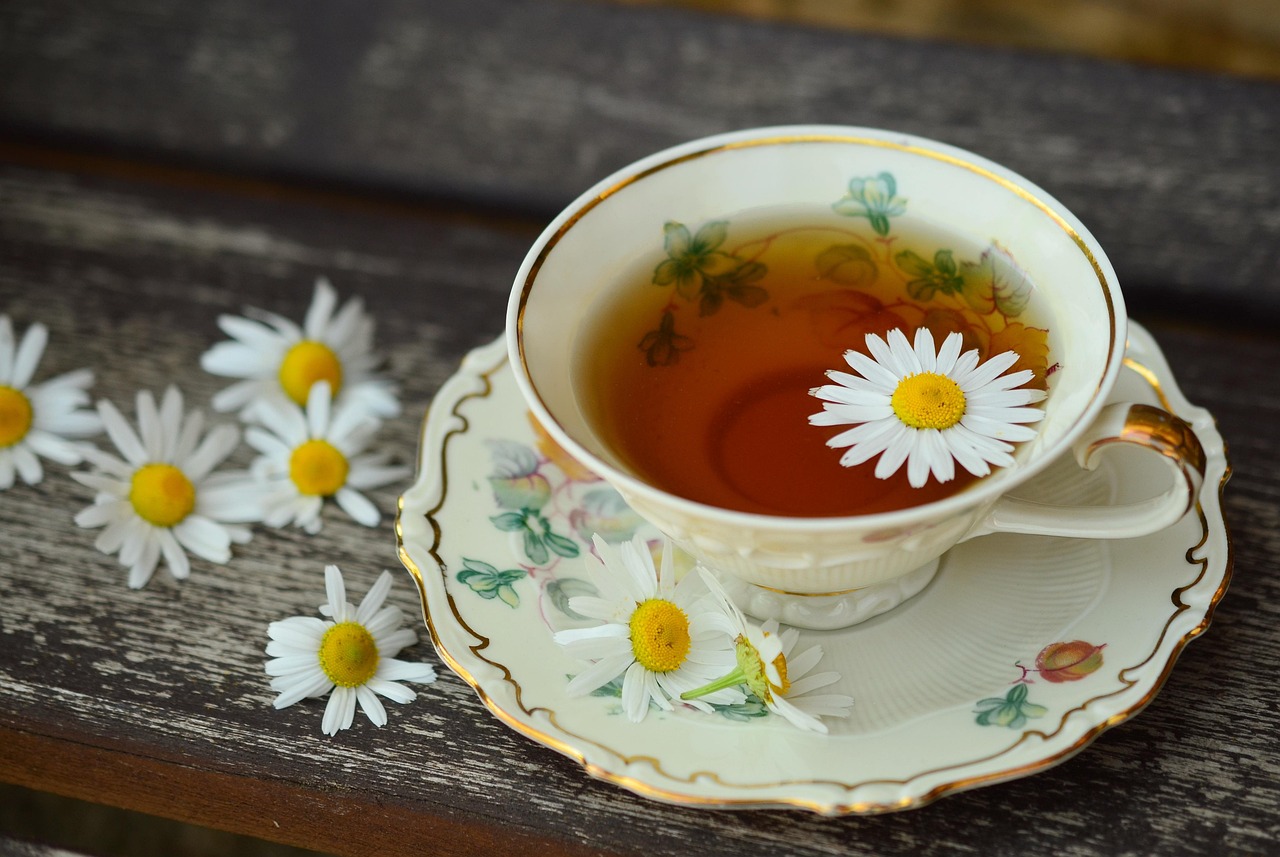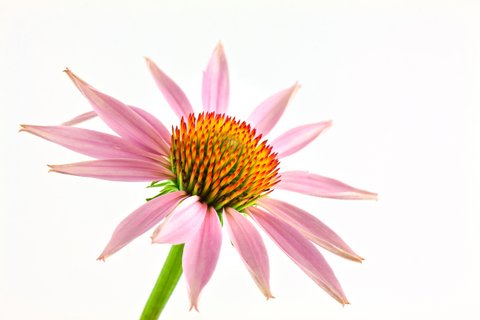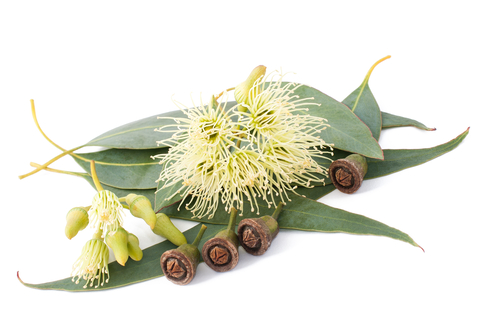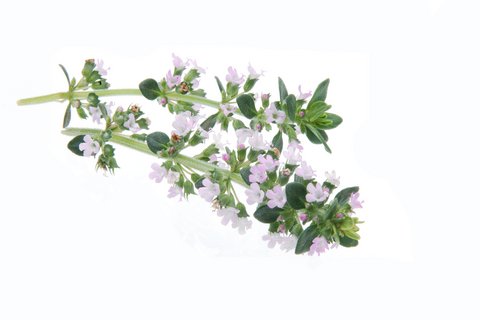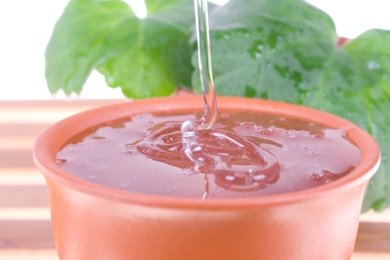Herbs for Cats
"Let food be your medicine and your medicine be your food. Each one of the substances in a person's diet, acts upon the body and changes it in some unique way, and upon these changes the whole life depends, whether in health, in sickness or convalescent."
Hippocrates 2 000 years ago.
Table of Contents
- Calendula
- Catnip
- Cat Grass
- Chamomile
- Dandelion Root
- Holden Seal
- Licorice
- Rosemary

Welcome to Herbs for Cats: The ultimate guide to safe and Beneficial Herbs for Cats, where we believe that nature provides the best remedies for the well-being of our feline friends.
As cat owners, we constantly seek ways to enhance the health and happiness of our pets. While conventional medicine has its place, the timeless wisdom of natural healing can offer gentle, effective solutions for various feeling health concerns.
Herbs have been used for centuries not just by humans but for animals as well, including our beloved cats.
With their intrinsic healing properties and natural potency, herbs can be an excellent addition to your cat's wellness routine.
Herbs offer a myriad of benefits, from enhancing digestion and acting as natural anti-inflammatories to providing mental stimulation and calming effects. However, it's essential to approach herbal remedies with caution, as our feline companions' have unique physiological needs and sensitivities.
Not every herb that is beneficial for humans is safe for cats, therefore, understanding which herbs can be safely used, and in what quantities, is paramount to ensuring the health and safety of your pet.
|
1. Calendula:
|
 |
 Cino in the Catnip Bush Cino in the Catnip Bush |
2. Catnip:
|
- While its effects are temporary, catnip can be a fantastic tool for behavioral enrichment and stress relief.
3. Cat Grass:
- Cat grass is good for digestion and can help with hairball control.
- It also provides some nutritional benefits, including fiber and vitamins.
|
4.Chamomile:
|
 |
5. Dandelion Root:
- Dandelion root can support liver health and improve digestion.
- It is also known for its diuretic properties.
6. Goldenseal:
- Goldenseal has antibacterial properties and can be useful for treating minor wounds and infections.
 |
7. Licorice Root:
|
|
8. Rosemary:
|

|
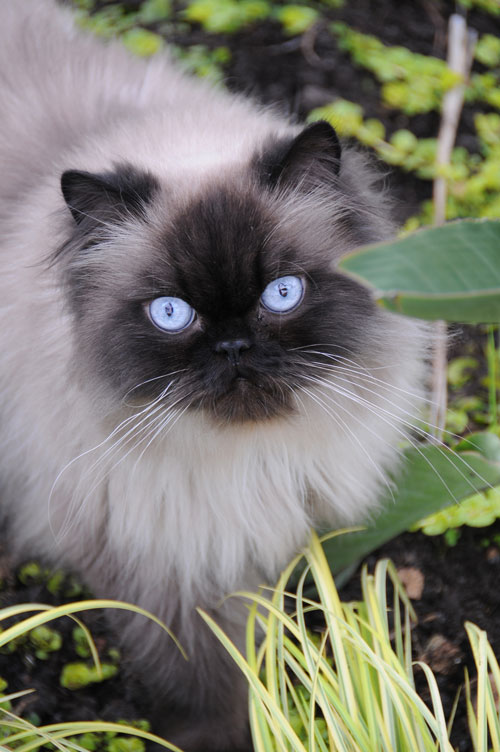 |
9. Valerian Root:
|
|
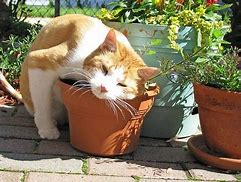
|
And as we wrap up our journey through the enriching world of ours for cats, we hope you feel empowered to incorporate these natural remedies into your feline's care routine.
By embracing the power of herbs, we can offer our cats a gentle, effective path to health and happiness.
Always remember, the key to successful herbal therapy is informed care consult with your veterinarian, start with small doses, and observe how your feline friend responds.
Let's nurture our beloved companions with the best that nature has to offer, ensuring their lives are filled with vitality, joy and love.
IMPORTANT NOTICE
Home Remedies Haven would like to reassure all the visitors to our site, that we respect your privacy and do not in any way sell personal information.



